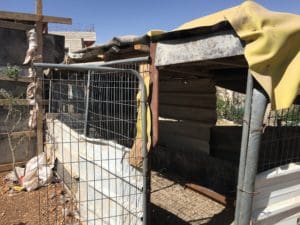My short internal dialogue between a hypothetical local community group and a hypothetical international donor is available on pp. 152-155 of the fabulous book, “Smart Risks: How Small Grants are Helping to Solve Some of the World’s Biggest Problems,” edited by Jennifer Lentfer and Tanya Cothran. Contact me or the editors should you wish to schedule a book event or media coverage. Get info about how to buy the book here: https://www.smartrisks.org/ and spread the word!
Excerpt from “The Dissonance”
I don’t like the idea that I judge them, but I suppose I do.
They say they want to support good local organizations in developing contexts,
but their ways of thinking and acting are very problematic.
I don’t like the idea that I judge them, but I suppose I do.
They say they want our support, and we dedicate our careers to helping them, but they often make it much harder than it has to be.
Sometimes I think we’re worse off with their “help” than we would be without it.
Sometimes I think we’d accomplish more if we just did the work ourselves.
In one not atypical case, we heard about an international NGO that gives small, flexible grants to organizations like ours. On their website, they had a long list of grants to organizations in our country. They even had a note – in our language – explaining that they like to make personal connections with their grantees.
So we sent them an email. They sent back eight pages of guidelines
that were already on their website.
In one not atypical case, a local NGO wrote to me: “We need money.”
What does need have to do with anything? I thought. There is far more need than we could ever respond to. They should tell me why I should fund them and not another NGO. I sent them our guidelines (which are on the website, if they had only looked). They didn’t even thank me!
We gave the guidelines to a local student to translate for us. She did a few pages but when her brother was seriously injured in the war, she started coming to us less and less. We finally managed to translate the guidelines using the internet, and we wrote our responses and translated them on the internet. Some of the questions didn’t make sense, though. We skipped the one about inputs, the one about quantitative indicators and the one about social return on investment.
We had no idea what they were talking about.
Read the rest of the story in Smart Risks, and please share your own experiences trying to work across differences between funders and grantees.
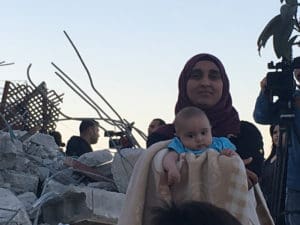
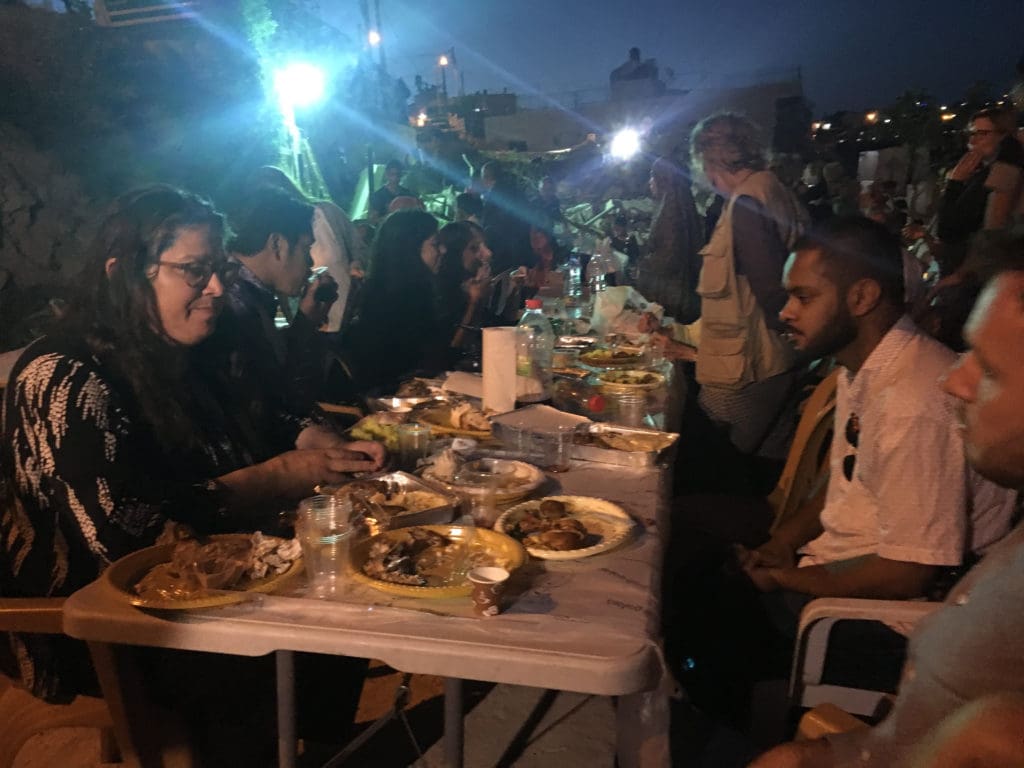
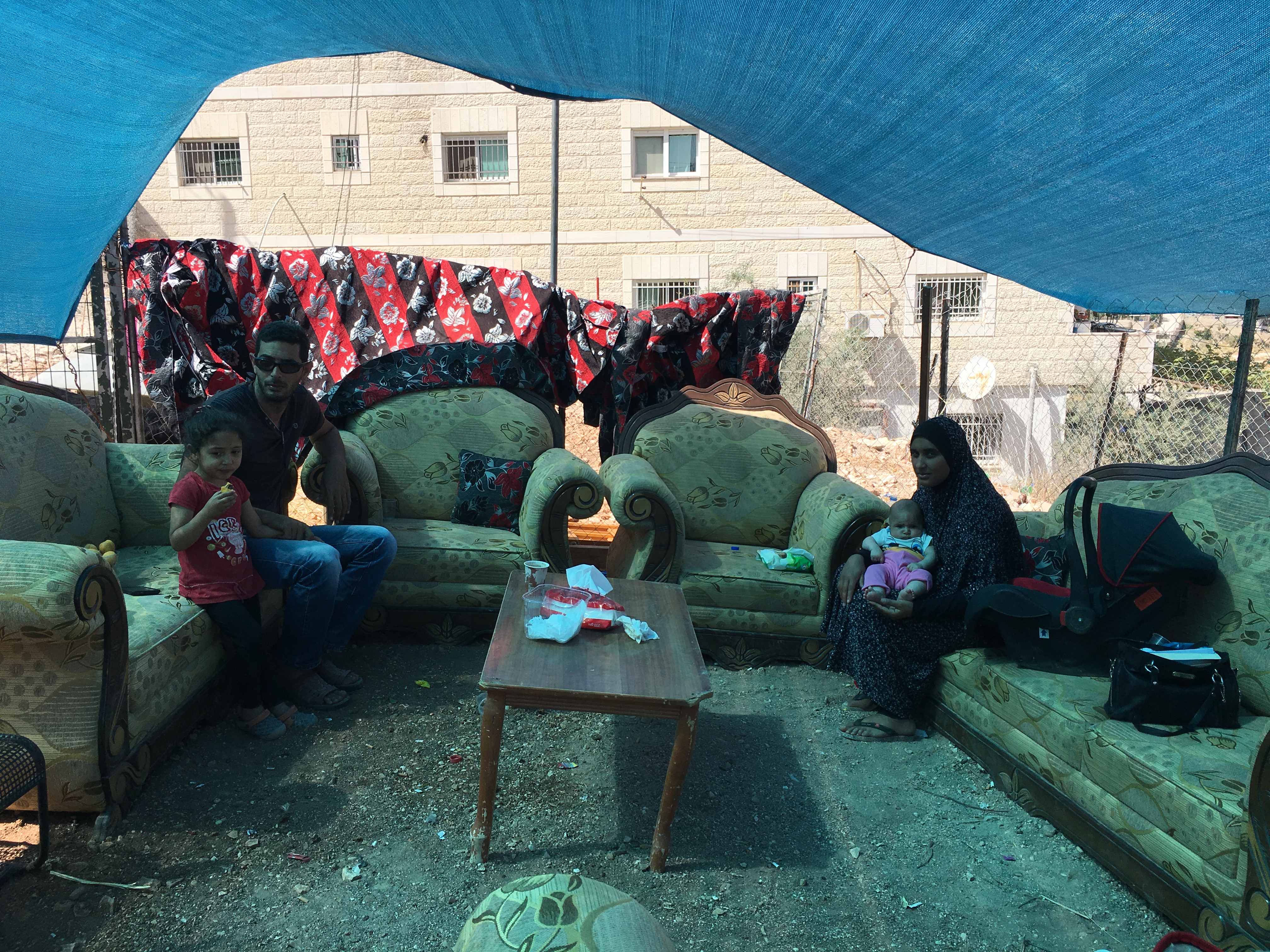
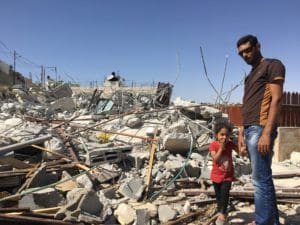 “I know. But when Ashraf rushed home and showed the demolition crew the Israeli judge’s order to pause the demolition, do you know what they did? They noted the judge’s name, left the site, and returned one hour later with a new demolition order from the same judge. Ashraf says an emergency court session gave them legal cover for their immoral act. Isn’t that evil?”
“I know. But when Ashraf rushed home and showed the demolition crew the Israeli judge’s order to pause the demolition, do you know what they did? They noted the judge’s name, left the site, and returned one hour later with a new demolition order from the same judge. Ashraf says an emergency court session gave them legal cover for their immoral act. Isn’t that evil?”